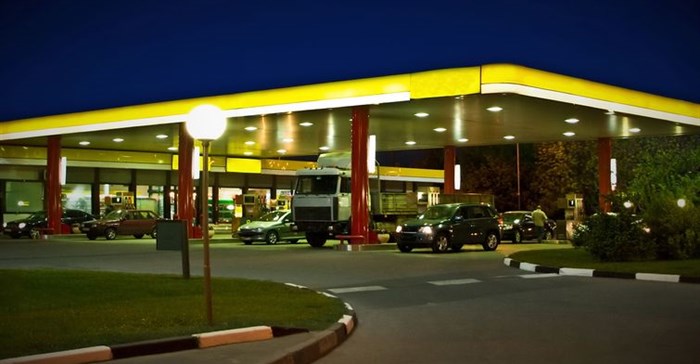
Top stories




Marketing & MediaWarner Bros. was “nice to have” but not at any price, says Netflix
Karabo Ledwaba 1 day


More news

Logistics & Transport
Maersk reroutes sailings around Africa amid Red Sea constraints

















The challenge was expressed by NEF CEO, Philisiwe Mthethwa, at the inaugural NEF Fuel Expo, held to promote greater participation of black people in the sector through the ownership and management of petroleum service stations.
"To date the NEF has invested a total of R408 million for the purchase of 77 service stations that are owned and managed by black entrepreneurs countrywide, and these support 2,310 jobs. Within the NEF’s franchise portfolio of R709 million, service stations rank as the most vibrant and successful," she says.
“We are optimistic that this NEF Fuel EXPO will help increase our impact in transforming the sector. 37 of the 77 petroleum franchises that have been funded by the NEF, or 48%, are owned and managed by black women entrepreneurs, and we are determined to grow this margin to mirror our country's gender population demographics,” she adds.
Mthethwa says franchising as a form of empowerment has proved to be generally efficient and more so when dealing with reputable brands like those who have partnership agreements with the NEF in the petroleum sector. To qualify for NEF funding, applicants must have been pre-approved by the franchisors.
Over the past few years the NEF has entered into agreements with oil companies to facilitate the purchase of more service-station outlets by black entrepreneurs.
She says that while the retail end of the liquid fuels industry has achieved meaningful transformation over the past 16 years since the adoption of the liquid fuels charter, more still needed to be done to achieve equity in the sector.
More pressing is the need to increase participation of black people in the upstream sub sectors. “We believe that the next aspiration is for black entrepreneurs to secure opportunities in the wholesale distribution of hydrocarbons,” she explains.
“The possibilities for growth, therefore, are limitless. With well over 10 million registered vehicles on South Africa’s roads, there is more than enough latitude to drive inclusive growth,” Mthethwa says.
She added that the upstream portion of the liquid fuels sector holds great potential to produce black industrialists. “While there has been positive progress in preferential procurement within the liquid fuels sector, the exception continues to be the procurement of crude oil.
We believe the time has come for meaningful black participation and leadership in this area of the value chain, and this is one of the opportunities that beckon for black entrepreneurs in this important sector,” she concludes.